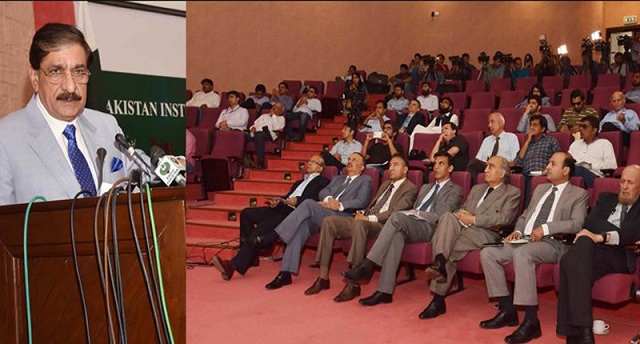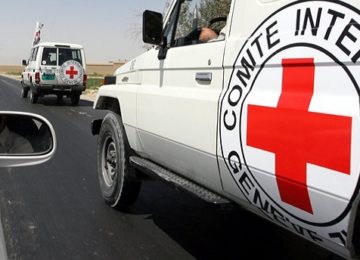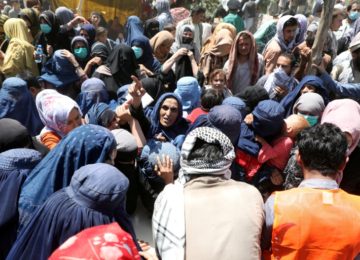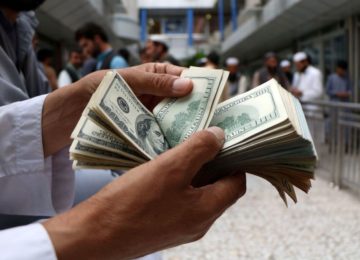Pakistan has successfully fought insurgencies and militancy through military operations and now needs to consolidate on this success, says Janjua.
Pakistan and Afghanistan share a lot of opportunities and have common economic future with a potential to connect to the markets of Europe, Africa and rest of Asia, said National Security Advisor Lt Gen (r) Nasser Khan Janjua on Thursday.
Speaking at a special seminar titled ‘Peace- a dividend for development and stability in Afghanistan’, organised by the Sustainable Development Policy Institute (SDPI) in collaboration with the National Security Division of Pakistan, the adviser said both the countries have the potential to become trade and economic hub of the entire world. He said nobody has ever invested in peace in the region, adding that Pakistan will support any effort for peace and stability in region which is Afghan-led and Afghan-owned. “Peace is a dividend for both Afghanistan and Pakistan, the region and the world. The two countries being an economic hub will multiply the economies of the world,” he added.
Janjua said Afghanistan is heart of Asia and if there is peace in the heart, only then there would be prosperity and stability in the region. “Unfortunately, children of Afghanistan have seen nothing but war since 1979.Whereas, Pakistan, after Afghanistan, is the most affected country hit by instability and insurgencies,” he said, adding that the people of Pakistan want to see Afghanistan as a peaceful, prosperous and stable country.
The adviser said CPEC is only half of the China’s Belt and Road Initiative (BRI) dream, with Afghanistan being the other half as it will connect whole Central Asia and Europe. He said Pakistan is the only country that can multiply the regional economies.He said Pakistan needs to work beyond CPEC and connect the whole world. “Pakistan has successfully fought the insurgencies and militancy through Zarb-e-Azb and there is dire need to consolidate on this success,” he added.
SDPI Executive Director Dr Abid Qaiyum Suleri said CPEC would remain a mere road and rail link unless there is peace on the borders especially those with Afghanistan and India. He said peaceful and stable Afghanistan is in favour of the region.
Senior analyst Imtiaz Gul said, “Until we engage with Afghanistan out of the present obsolete Planning Commission regime and create a whole-of-government approach through single-window joint civil-military mechanism, dividends of peace will keep eluding us. The civil and military bureaucracy will have to prioritize the economic and human development as means to survival as a self-respecting nation instead of always looking beyond borders for help and sustenance.”
Pakistan’s former ambassador to Afghanistan Rustam Shah Mohmand said unwillingness of US to clearly spell its objectives in Afghanistan, lack of interest and commitment of incumbent government to peace initiatives and inability of Afghan Taliban to become a political force are the three major obstacles to peace in Afghanistan.As long as US army is present, there cannot be peace in Afghanistan, he added.
National Security Division Secretary Syed Iftikhar Hussain Babar said bringing peace in Afghanistan is of paramount importance and a priority of Pakistan’s foreign policy. The 17 years of war in Afghanistan has caused billions of dollars in losses to the economy of Pakistan, he added.
This story was originally published by Daily Times on May 11, 2018. Original link.
Disclaimer: Views expressed on this blog are not necessarily endorsed or supported by the Center for Research and Security Studies, Islamabad.








